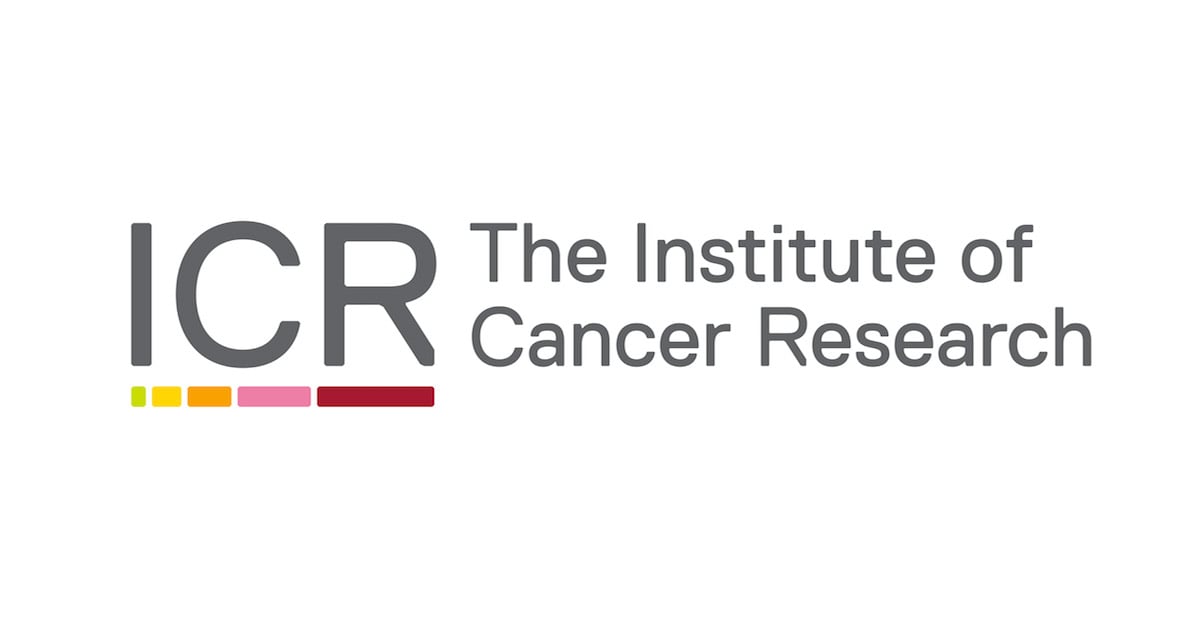
Children and young people with cancer who have relapsed can get rapid access to new treatments, thanks to new Cancer Research UK trial
Published By Cancer Research UK [English], Fri, Sep 4, 2020 2:30 AM
Children and young people in the UK with cancers that have come back can now access new personalised treatments quicker than ever before thanks to a national tumour biopsy sequencing platform and clinical trial funded by Cancer Research UK*.
The genetic code of tumours are sequenced through the Stratified Medicine Paediatrics** programme, and the molecular information is used to match patients to treatments on the ESMART*** trial, which is testing multiple new targeted drugs, and treatment combinations not previously available for children and young people.
Patients may be placed on ESMART within just a few weeks of having their tumours sequenced, offering children and young people with cancer who have limited treatment options quick access to the targeted drugs most likely to work for them.
The Stratified Medicine Paediatrics programme is being run by The Institute of Cancer Research, London, and the ESMART is a European trial that is currently being rolled out across the UK. It is open at the trial’s lead centre, The Royal Marsden NHS Foundation Trust in London, and the Royal Manchester Children’s Hospital. Further sites are to open in Birmingham, Newcastle and Great Ormond Street Hospital over the next few months.
Cancer in children and young people is rare, and when it does occur, more than 80% of those diagnosed survive their cancer for 5 years or more ****. However, this includes more common and, generally, more curable cancers. For more aggressive cancers such as neuroblastomas, and cases where cancer spreads or comes back after initial treatment, survival can be much lower and treatment options are fewer.
For the last two years in the UK, when a young person’s cancer comes back, their tumour has been routinely sequenced through the Stratified Medicine Paediatrics programme. The findings are discussed by an expert panel of clinicians and scientists who recommend potential treatment options based on the specific gene faults identified in the tumour. But treatments have been very limited, and clinical trials often only test combinations of existing chemotherapy drugs or radiotherapy, or single molecularly targeted drugs.
The new ESMART clinical trial is now open in the UK and has been developed to radically widen the scope of treatments available for children and young people. Currently, the trial has 10 treatment arms (plus 5 more that are waiting regulatory approval) that are testing an array of therapies on their own or in combination, including targeted drugs, immunotherapies, radiotherapy and chemotherapy. And as researchers develop promising new drugs, they are quickly rolled into the study*****.
Professor Louis Chesler, who leads the Stratified Medicine Paediatrics programme at The Institute of Cancer Research, London, said: “Our Stratified Medicine Paediatrics programme goes beyond the traditional DNA sequencing of tumours, because the platform also gives us valuable information on specific features of the tumour that could be targeted by precision medicines. This was a big step forward, and it’s brilliant to now also have access to the newest treatments that we know could work for our patients.
“Combined with the ESMART trial, the Stratified Medicine Paediatrics programme gives us an outstanding array of treatments and combinations to choose from to give children and young people the best possible treatment options for them. Combined with our ongoing work of improving the diagnosis of young people’s cancer, and understanding more about what is causing treatment resistance and relapse, the future is looking more optimistic for our young patients, which is fantastic news for them and their families.”
Dr Lynley Marshall, UK chief investigator of the ESMART trial and Oak Foundation Consultant in Paediatric and Adolescent Oncology Drug Development at The Royal Marsden Hospital, said: “We’ve spent years trying to get a more targeted approach to children’s cancers in place, and we’re really proud to have helped develop ESMART and to have it available in the UK.”
“But more importantly, it brings hope for families that may have lived through multiple relapses. The fact of just knowing that there’s something else that they can try with the real possibility of benefit makes all the difference.”
Michelle Mitchell, chief executive at Cancer Research UK, said: “Cancer in children and young people is different to that in adults, and research into these cancers faces its own challenges that can prevent progress. Our research strategy for children and young people’s cancers, launched last year, is designed specifically to help address these unique challenges and drive progress in this area.”
“The Stratified Medicine Paediatrics programme and ESMART are wonderful examples of the work we fund that is revolutionising the way children and young people with cancer are treated in the UK, and I look forward to seeing the ways they develop in the future.”
Press release distributed by Media Pigeon on behalf of Cancer Research UK, on Sep 4, 2020. For more information subscribe and follow
Lynn Daly
London & South East
[email protected]
07766 070705
Greater London, Kent, Surrey, East Sussex, West Sussex, Channel Islands
Jenny Makin
South Central & West
[email protected]
07768 987925
Hampshire, Dorset, Isle of Wight, Hertfordshire, Buckinghamshire, Bedfordshire, Berkshire, Oxfordshire, Wiltshire

